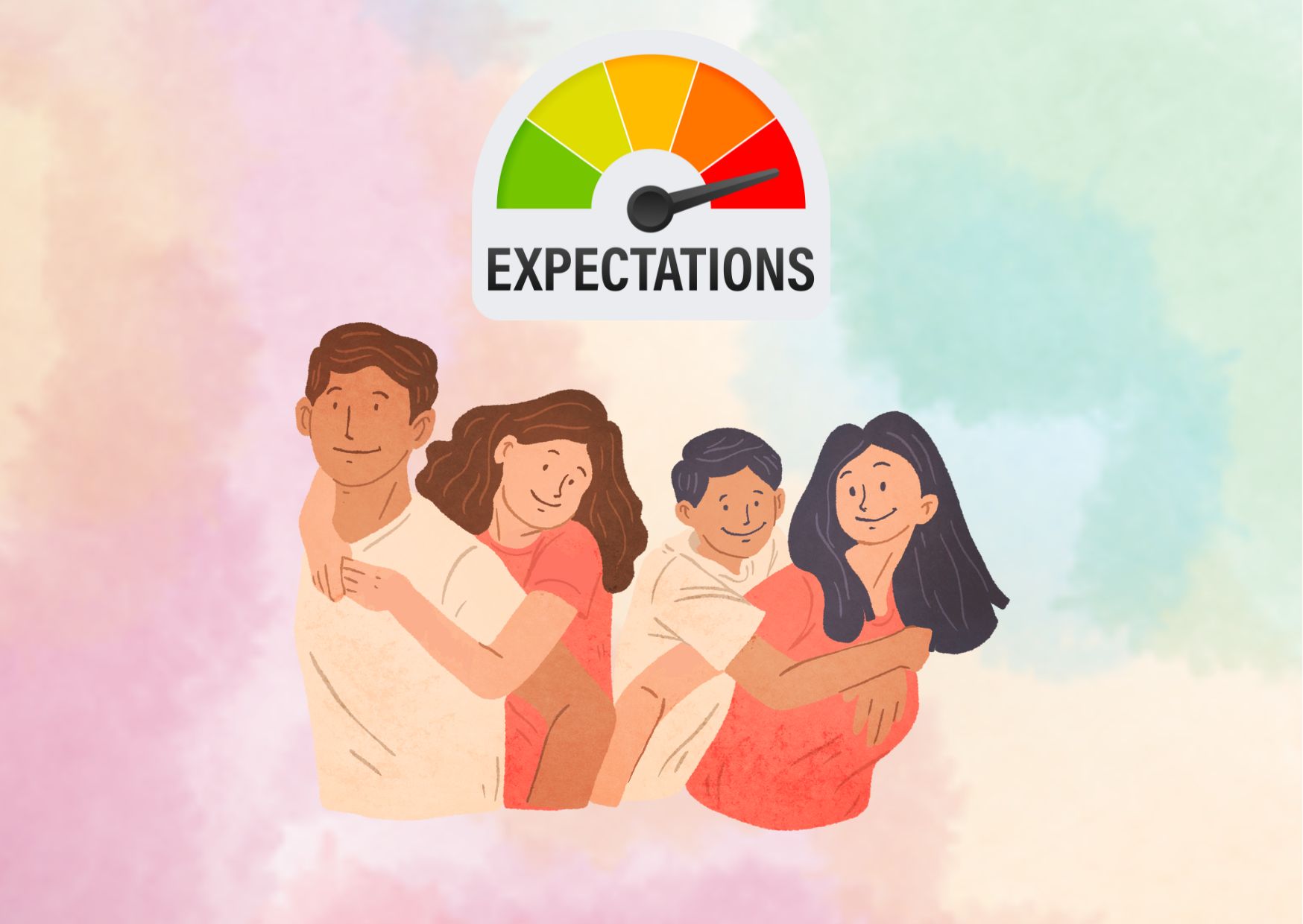- Shared Values and Goals
Having shared values, interests, and goals creates a sense of alignment and compatibility within a relationship. When partners share common values and work towards mutual goals, it fosters a sense of teamwork and a shared sense of purpose.
- Quality Time and Intimacy
Spending quality time together and nurturing physical intimacy are vital aspects of a healthy relationship. Carving out dedicated time to connect, engage in shared activities, and prioritize physical affection strengthens the emotional and physical bond between partners.
- Growth and Support for Individual Development
Healthy relationships support the personal growth and development of each partner. Encouraging and supporting each other’s individual goals, hobbies, and aspirations fosters a sense of personal fulfillment and allows for personal growth within the context of the relationship.
- Flexibility and Compromise
Flexibility and compromise are essential in maintaining a healthy balance within a relationship. Recognizing that both partners have different needs and perspectives and being willing to find middle ground promotes harmony and understanding.
Suggestion for read: Signs You Are Rushing in Relationships
Common Unrealistic Expectations in Relationships
While it’s important to have reasonable expectations, it’s equally crucial to be aware of common unrealistic expectations that can harm a relationship. Let’s explore some of these unrealistic expectations:
- Expecting Perfection
Expecting your partner to be flawless and meet all your needs is an unrealistic expectation. No one is perfect, and it’s essential to embrace and accept your partner’s imperfections and understand that they, too, have their own set of strengths and weaknesses.
- Relying Solely on Your Partner for Happiness
Placing the burden of your happiness solely on your partner is an unrealistic expectation. While a healthy relationship can bring joy and fulfillment, it’s important to cultivate individual happiness and take responsibility for your own emotional well-being.
- Expecting Your Partner to Change
Expecting your partner to change their core values, beliefs, or personality traits is unrealistic. While growth and personal development are natural, expecting someone to fundamentally change who they are can lead to disappointment and resentment.
- Believing Love Will Solve All Problems
Love is a powerful force within a relationship, but it alone cannot solve all problems. Relationships require effort, communication, and compromise to navigate challenges and build a strong foundation.
- Assuming Your Partner Can Read Your Mind
Expecting your partner to know what you’re thinking and feeling without clear communication is unrealistic. Effective communication is key to expressing your needs, desires, and concerns, allowing for a deeper understanding between partners.
- Believing the Relationship Will Always Stay the Same
Relationships naturally evolve and change over time. Expecting a relationship to remain stagnant and unchanged can hinder growth and prevent the exploration of new dynamics and experiences within the partnership.
Managing Expectations in Relationships
Effectively managing expectations in a relationship is crucial for maintaining a healthy and harmonious connection. Here are some strategies to help manage expectations:
- Open and Honest Communication
Clear and open communication is the foundation for managing expectations. Express your needs, desires, and concerns to your partner, and encourage them to do the same. Regularly check in with each other to ensure that you’re on the same page and address any potential conflicts or misunderstandings.
- Practice Empathy and Understanding
Cultivate empathy and strive to understand your partner’s perspective. Put yourself in their shoes and consider their feelings and experiences. This will help foster a deeper sense of compassion and connection within the relationship.
- Recognize and Accept Differences
Understand that you and your partner are unique individuals with different backgrounds, experiences, and perspectives. Embrace and celebrate these differences, and approach conflicts with a willingness to find common ground and compromise.
- Focus on Appreciation
Shift your focus from unrealistic expectations to appreciation. Take time to acknowledge and express gratitude for the positive aspects of your partner and the relationship. This promotes a sense of mutual respect and strengthens the emotional bond between partners.
- Seek Professional Support if Needed
If managing expectations becomes challenging or conflicts persist, seeking professional help through online counselling, therapy, or psychotherapy can provide valuable guidance and support. Trained therapists can help navigate relationship challenges and provide tools to effectively manage expectations.
Conclusion
Expectations in relationships are inevitable, but understanding the difference between realistic and unrealistic expectations is key to building and maintaining healthy connections. By cultivating healthy expectations, practicing effective communication, and embracing empathy and understanding, you can foster a strong and fulfilling relationship. Remember, relationships require effort, compromise, and continuous growth to thrive. At Inquire Talk, our dedicated therapists are here to support you on your journey towards building and maintaining healthy relationships.
Here are few certified therapists who you can get in touch and book a therapy session with:
Sarah Jack
Nicola Keenan
Jennifer Campbell Kirk
